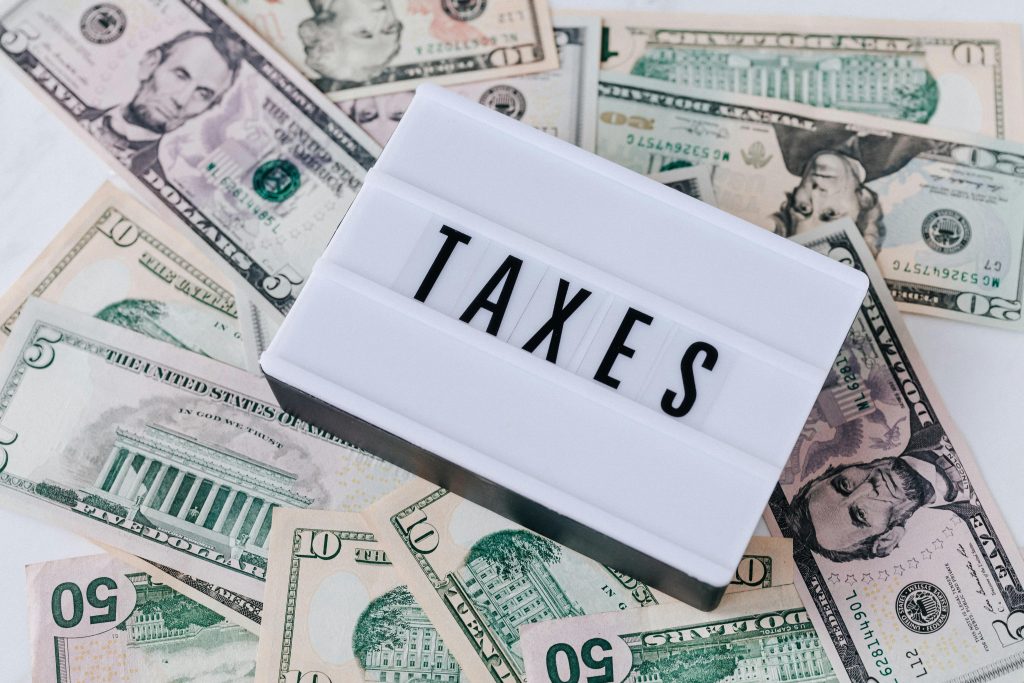In today’s complex financial environment, the demand for knowledgeable and reliable tax preparers continues to grow. Whether working independently, for a tax firm, or seasonally during tax season, becoming a tax preparer offers a stable income source and the opportunity to help others manage one of the most important aspects of personal finance. It’s a profession well-suited for detail-oriented individuals with a knack for numbers and a willingness to stay updated on tax codes and regulations.

The Role of a Tax Preparer in Modern Finance
Tax preparers are responsible for completing and filing accurate tax returns on behalf of individuals, families, and small businesses. Their job requires more than just entering numbers into software—they must understand tax laws, identify applicable deductions and credits, and ensure compliance with federal and state regulations. A skilled tax preparer can help clients avoid penalties, maximize refunds, and make smarter financial decisions. With the U.S. tax system being notoriously intricate, the value of professional assistance has never been greater, especially for those with self-employment income, investments, or complex deductions.
What It Takes to Become a Tax Preparer
The path to becoming a tax preparer is accessible, making it a popular choice for career changers and part-time professionals. In many states, formal college degrees are not required. Instead, completing an IRS-approved training course or obtaining a certification such as the Annual Filing Season Program (AFSP) credential can open the door to employment. These training programs typically cover individual and business tax returns, ethics, record-keeping, and the use of popular tax software. Some tax preparers also choose to pursue the Enrolled Agent (EA) designation, which allows them to represent clients before the IRS—a major professional advantage.
Work Environment and Career Opportunities
Many tax preparers work seasonally, from January through April, helping clients during peak tax season. Others work year-round, particularly those offering bookkeeping, payroll, or business advisory services. Work environments can range from national tax service chains and accounting firms to fully remote, home-based setups. Thanks to the digitalization of tax filing, remote opportunities are expanding rapidly. Freelance tax preparers can also build their own client base and offer personalized services, making it a flexible and potentially lucrative career path.
Earning Potential and Long-Term Benefits
Income for tax preparers varies based on experience, credentials, and workload. According to the U.S. Bureau of Labor Statistics, the median annual wage for tax preparers is around $50,000, with experienced professionals or those running their own businesses earning significantly more. One of the major advantages of this profession is scalability—tax preparers can start small and grow their business through client referrals and reputation. In addition to competitive income, the skills gained are transferable to other areas of finance and accounting, offering long-term career flexibility.
Staying Updated: The Importance of Continuing Education
Because tax laws change frequently, continuing education is critical for tax preparers. Professionals are expected to stay informed on updates to tax codes, filing procedures, and IRS policies. Many employers and certification programs require ongoing learning to maintain credentials. Tax preparers who invest in upskilling through webinars, industry journals, and IRS updates not only ensure compliance but also enhance their value to clients. Knowledge is power in this industry, and those who keep learning remain in demand.
How to Get Started Today
If you’re interested in pursuing a career as a tax preparer, the first step is to enroll in a reputable tax preparation course—many are available online and can be completed in a matter of weeks. Next, you’ll need to apply for a Preparer Tax Identification Number (PTIN) from the IRS, which is mandatory for anyone preparing federal returns for compensation. From there, gaining practical experience—either through internships, entry-level positions, or by preparing returns for friends and family—can help build confidence and credibility.
A Profession Rooted in Trust and Precision
Tax preparation is more than just a job—it’s a profession built on trust, accuracy, and service. Clients depend on tax preparers to protect their financial interests and navigate complex regulations. For those who enjoy problem-solving, are comfortable with numbers, and want a meaningful career helping others, becoming a tax preparer is a compelling and attainable choice. With the right training, tools, and commitment to excellence, you can enter a field that offers both stability and the opportunity for growth.
